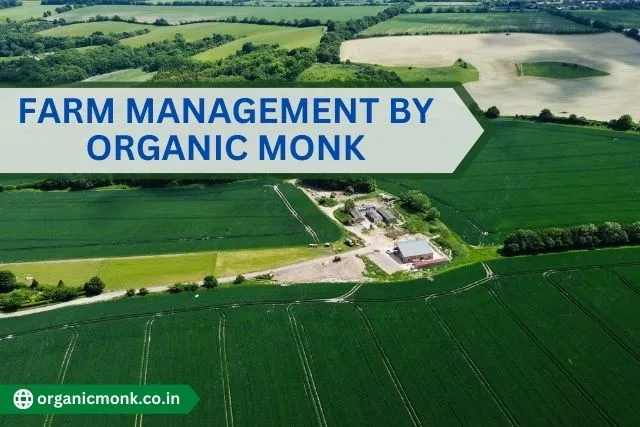What is a managed farmland?
The farmlands which are technology enable and managed by proper planning are called managed farmlands. Management of farms includes taking forecast decisions about the technology used in farms, irrigation, equipment, capital, and selection of methods or crops. It helps farmers to make informed decisions about their farms.
A managed farmland refers to agricultural land that is actively and professionally managed to produce crops or raise livestock. This type of farmland is typically owned by an individual or a company that hires a team of experts to oversee the daily operations of the farm.
Managed farmland can be used to grow a wide range of crops such as grains, vegetables, fruits, and even flowers. The type of crop that is grown will depend on the climate, soil type, and market demand in the region.
The management of farmland includes tasks such as soil preparation, planting, irrigation, fertilization, pest control, harvesting, and marketing. The goal is to maximize the yield and profitability of the land while minimizing the impact on the environment.
Managed farmland also involves the use of modern technologies such as precision agriculture, which uses data-driven techniques to optimize crop yields and reduce waste. This type of farming can help to increase the efficiency and sustainability of the agricultural industry, which is essential to meet the growing demand for food while preserving natural resources.

